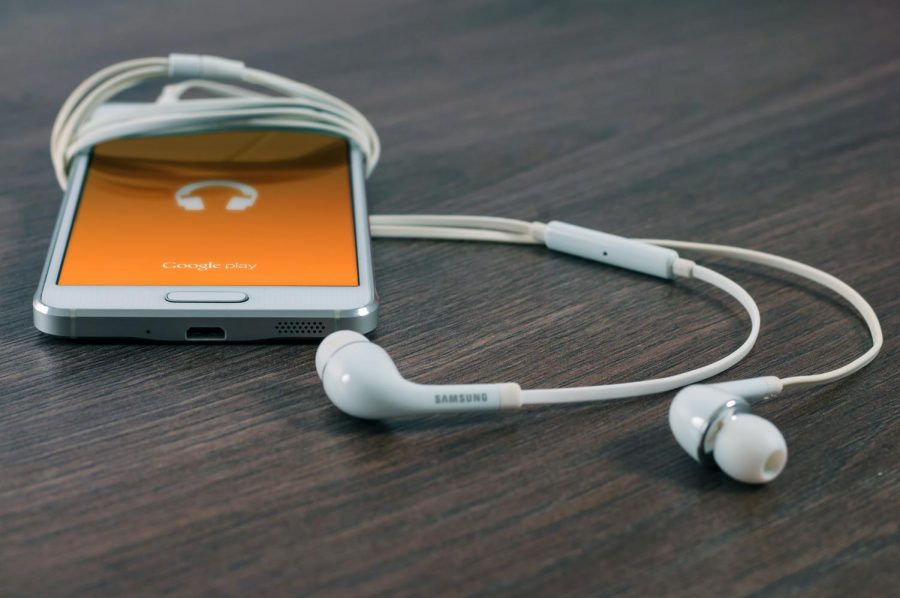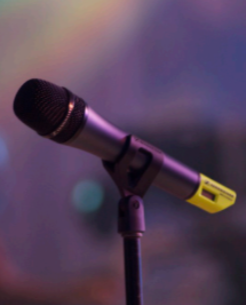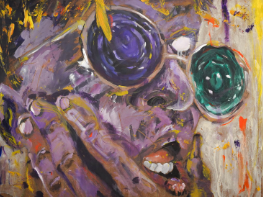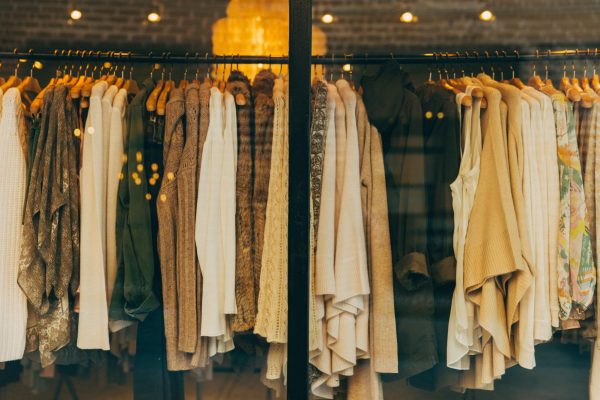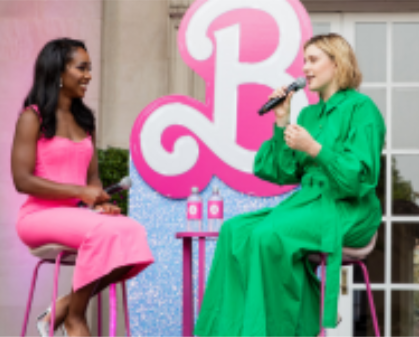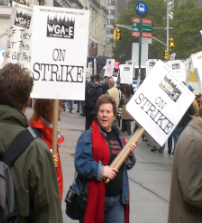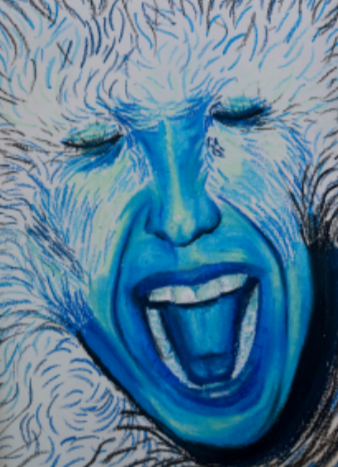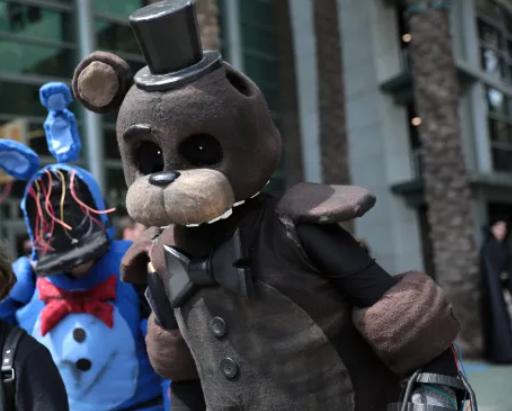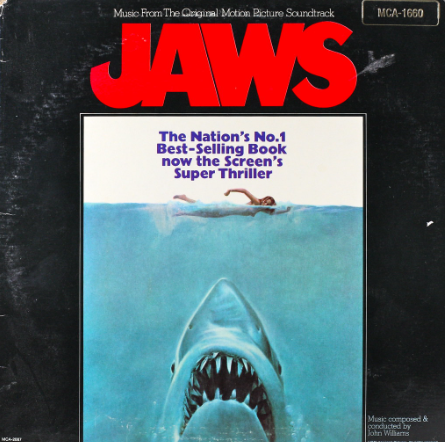Artists must choose to create for their audience or for themselves
UNSPLASH PHOTO COURTESY OF WILLIAM IVEN
Artists are met with creative decisions on their work due to monetary issues. https://unsplash.com/license
January 19, 2021
The compulsive draw of publicity and making money disturbs the world of artistry, making artists question their motive to create: for themselves or for their audience.
Though it is possible for an artist to create with intention of fulfilling their creative vision, the likelihood of their piece gaining great business and notoriety is usually lessened. With the intent of earning a greater following or wealth, an artist’s purpose shuffles between their personal creativity and their desire to please their audience.
There are musicians who have spoken out on their experiences with writing songs. For instance, Rolling Stone Magazine reports that on average the compensation awarded to musicians from streaming companies, such as Spotify, is anywhere between $0.006 and $0.0084 per stream. The rock band Pink Floyd credits this malicious business practice to creating a battle in which artists either suffer monetarily but follow their creative vision, or mindlessly produce music in order to put food on the table.
“For almost all working musicians, it’s also a question of economic survival…” said Roger Waters, David Gilmour and Nick Mason of Pink Floyd. “They cannot afford the 85% pay cut Pandora asked Congress to impose on the music community.”
Senior Ryan Kudless of Marlboro agrees, saying that artists definitely produce music for the purpose of gaining a greater audience.
“I would say that most artists nowadays, especially musicians, make art to pander to a specific audience, like TikTok and Ariana Grande for example,” Kudless said. “Most of the songs on her new album are clearly created for the sole purpose of being turned into TikTok trends.”
Not only can the loss of creativity in the arts be accredited to the meek funds earned from streaming services, it is also due in part to the debilitating nature of record labels. Chancelor Johnathan Bennett, known by the stage name Chance the Rapper, is an independent artist, who shared in an interview with Billboard that he felt a newfound freedom after dropping his label.
“That’s the cool thing: I can do whatever I want. And I’ve got to really flex that unlimited capability of an independent artist… I have a certain responsibility and I feel like conforming to the mixtape to mixtape to album rule would just defeat the whole purpose of not signing [with a major label],” Bennett said.
The construct of a record label and their ability to mandate what an artist produces, when it is produced and when it is released limits the creativity and control an artist has over their craft.
“When major labels promote artists, the marketing efforts executed are very similar tasks to that of indie artists: post on social, run some paid ads and do a PR push. And yes, I know that a label can much more easily get a feature in Complex Magazine, but what does that mean in 2018?, “ said nrhbvbvhv.
Evidently, the publicity responsibilities of independent artists and record labels promoting their artists draw quite a few parallels, only differentiating in the feasibility of being recognized by major publications.
Junior Giulia DeFabritus of Freehold speaks on the impact of publicity in the aspect of creating.
“Someone I knew from middle school used to really love drawing, and she started her own social media accounts for it,” DeFabritus said. “Eventually, she ended up quitting altogether because she felt like having to consistently make art in order to avoid losing followers made it more of a chore than a hobby.”
Junior Aidan Cole of Neptune City, a student artist, says that he puts thought into everything that he posts to gain more likes.
“Personally as someone who posts singing videos and drawings, I definitely will post things that are more likely to get likes,” Cole said. “I’ll usually get more likes on a cover of a rock song than say posting an original song, so I’ll usually post more covers.”
On the contrary, DeFabritus explains how she follows her own creative incentive when creating artwork despite pressures to create for one’s audience.
“Although I sometimes feel this way, at the end of the day I usually end up doing what I personally think is best,” DeFabritus said.



